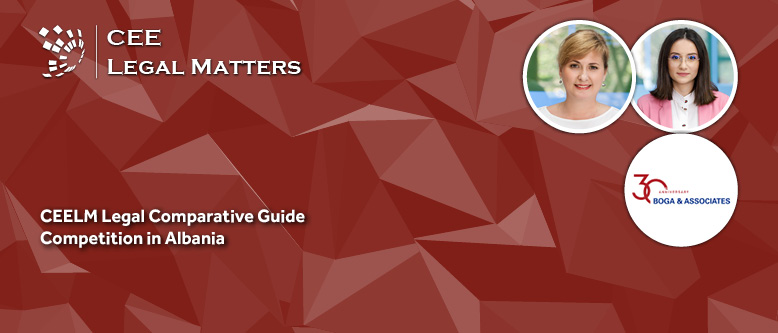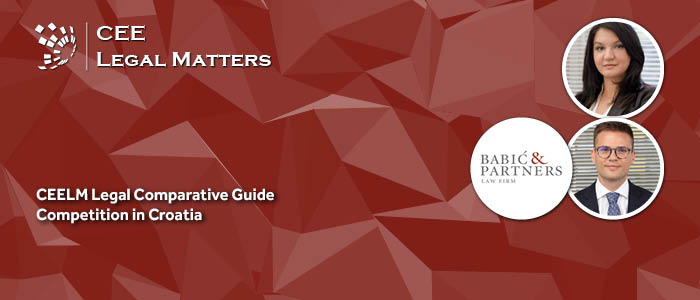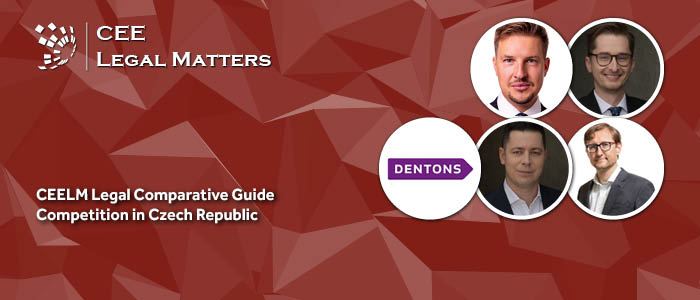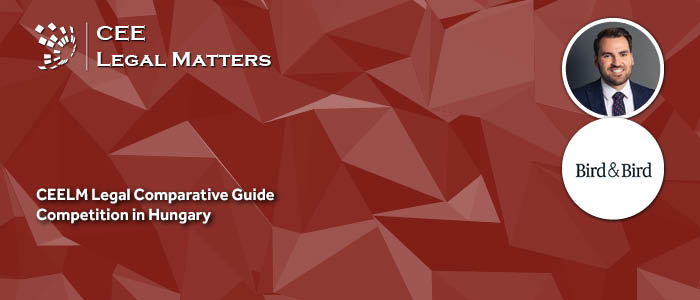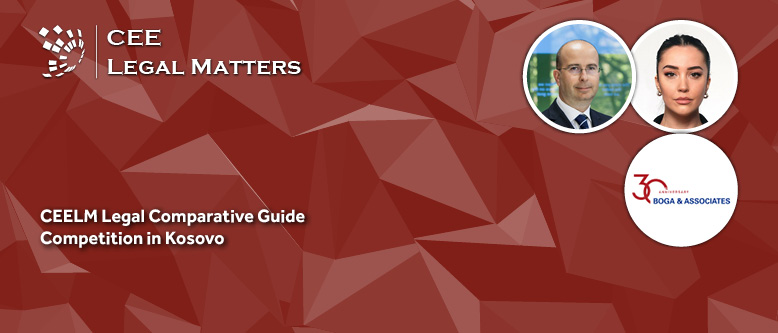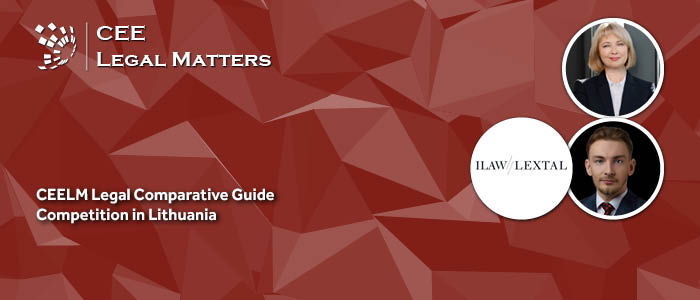ACI Partners' Competition practice is busier than ever in Moldova, according to Legal Manager Carolina Parcalab, who points to transactions, Competition Council investigations, and competition law educational initiatives as their primary work sources.
Competition Laws and Regulations in Albania
Contributed by Boga & Associates.
Competition Laws and Regulations in Croatia
Contributed by Babic & Partners.
Competition Laws and Regulations in the Czech Republic
Contributed by Dentons.
Competition Laws and Regulations in Hungary
Contributed by Bird & Bird.
Competition Laws and Regulations in Kosovo
Contributed by Boga & Associates.
Competition Laws and Regulations in Lithuania
Contributed by Ilaw Lextal.


